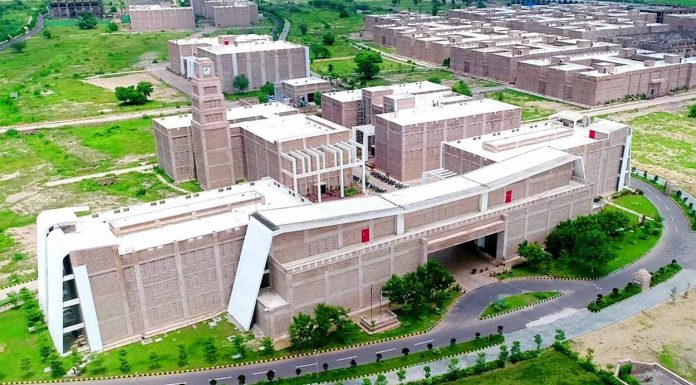Researchers at the Indian Institute of Technology Jodhpur (IIT Jodhpur) have developed an adapted version of blockchain technology that is both energy and time-efficient, enabling it to be used for secure communication in the Internet of Things (IoT) networks. The research findings were just published in the respected international journal “IEEE Transactions on Computational Social Systems.”
The team asserts that the Internet of Things (IoT) is a new paradigm that will fundamentally alter how we live. With billions of smart devices communicating with one another via embedded sensors, software, and technologies, the Internet of Things platform will enable data integration for the seamless operation of smart cities, smart homes, smart industries, and smart transportation, among other applications.
Due to the volume and kind of sensitive data that will be collected and transmitted over this platform, IoT security is a big concern for both consumers and providers, the company stated.
To increase the security of IoT platforms, experts propose that they be powered by blockchain technology. Blockchain technology is being used to facilitate secure digital transactions using cryptocurrencies such as Bitcoin, Ethereum, and others.
However, the time delay and energy efficiency of currently deployed blockchain protocols are significant disadvantages, restricting their usability for IoT networks.
“Blockchain is one of the technologies that have the potential to address the security concerns associated with IoT networks. It is a scalable, distributed, transparent, and tamper-proof ledger that maintains consistent records of information across multiple places and is capable of handling the information security concerns associated with IoT networks.
“Blockchain's significant properties of decentralisation, integrity and anonymity contribute to the integrity and security of IoT applications,” said Debasis Das, assistant professor at IIT Jodhpur's Department of Computer Science and Engineering.
Prof Das has now developed an energy-efficient blockchain protocol that can be incorporated with lightweight IoT devices.
The research team's blockchain protocol is an abridged version of existing blockchain technology, Bitcoin-NG. While the Bitcoin-NG protocol is a major advance in terms of time efficiency over the currently utilised Bitcoin protocol, it demands a lot of processing power and is energy-intensive.
“The proposed Improvised Bitcoin-NG algorithm is applied to a range of complicated tasks and achieves considerable results without requiring extensive human intervention. Given that Blockchain-based IoT systems will accelerate the evolution of IoT technology, Prof Das stated, “we will investigate the appropriateness and sustainability of adapted Bitcoin-NG for a variety of application domains.”







